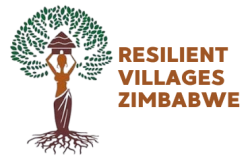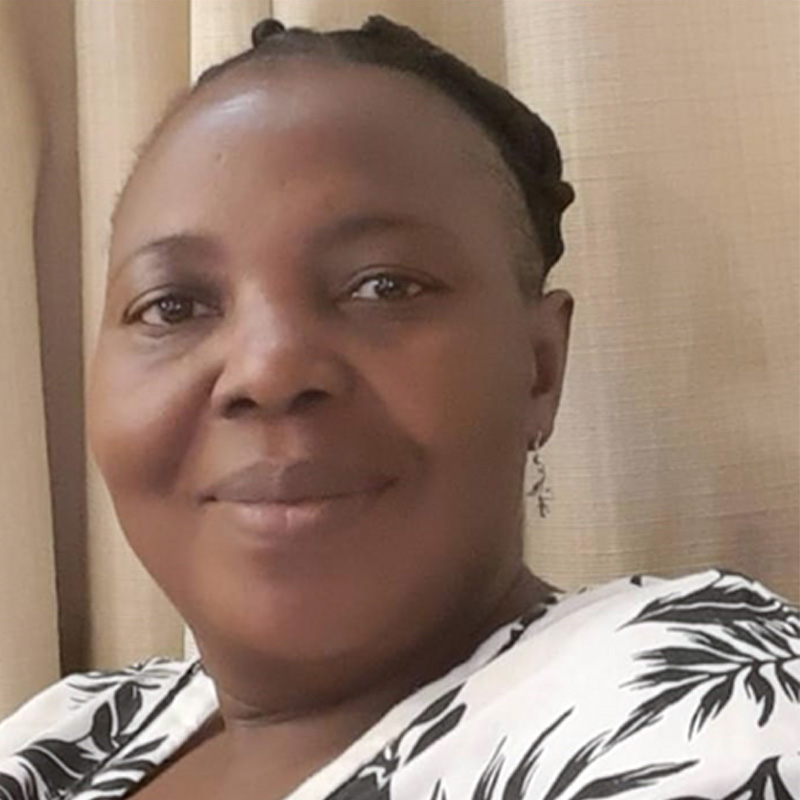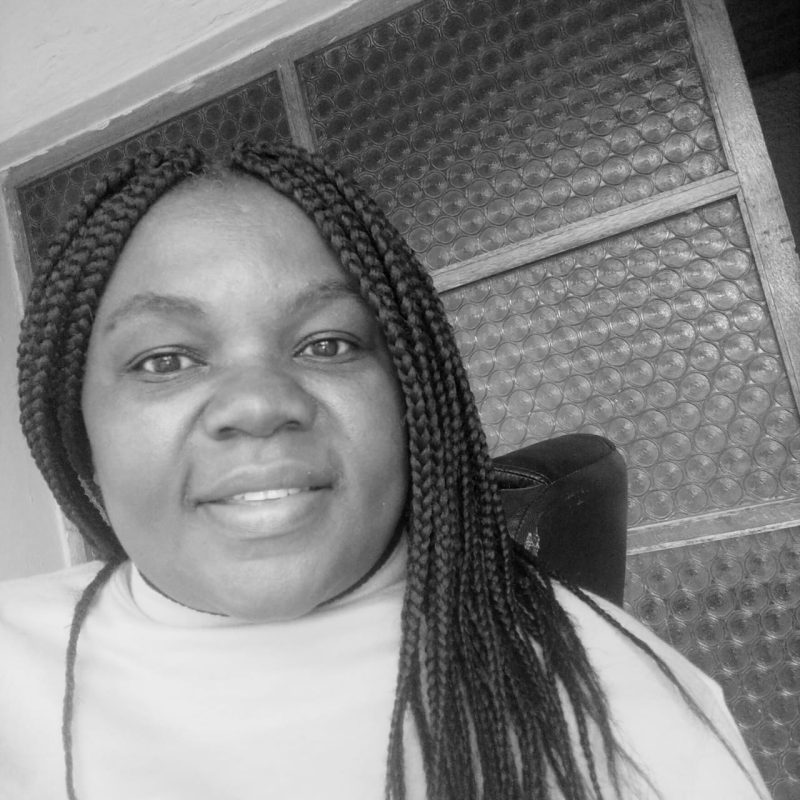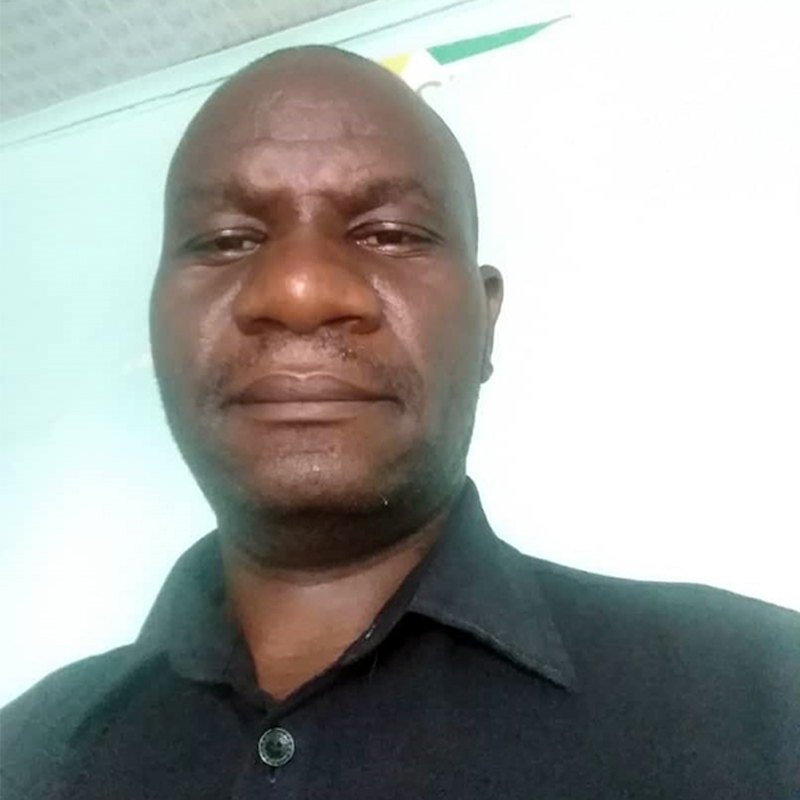Making Communities Stronger Regardless of What They Face.
Our Goal
Resilient Villages
Our Vision
Sustainable empowerment of communities to build resilient villages
Our Mission
We aim to support communities increase their capacities (absorptive, adaptive, and transformative) as a village to overcome complex multi-dimensional drivers that negatively affect their lives and livelihoods through susutainable village-led solutions.
Who We Are?
Resililient Villages Zimbabwe(RVZ) is a registered local non profit organization. Through the village approach, the objective is promoting quality and evidence based interventions for villages. We seek to deliver high quality programs and projects through village oriented and managed strategies. We envisage finding long-term solutions to help the poorest and the vulnerable groups and individuals in villages to harness knowledge and deal with change and adapt to face those challenges, feed themselves and embrace sustainability as a way of life
.
Our Values
Integrity– We stand for the right thing and hold ourselves to a high level of ethical standards.
Transparency– Our organization will remain open about its work, making information about its activities and plans available to relevant stakeholders
Accountability- We believe we have an operational, moral and legal duty to explain our decisions and action and submit our financial reports for scrutiny.
Village Participation– the power to envision the future of the community and build its resilience resides with community members.
Stewardship- We will use our core values as an opportunity to demonstrate that we are a good steward of the resources bequeathed to us.
Inclusivity- We believe in the policy of providing equal access to opportunities and resources for people who might otherwise be excluded or marginalized, such as those belonging to other minority groups.
Our Theory of Change
If villages are supported to increase their absorptive, adaptive and tranformative capacities using their desired approaches, fused by experiences gained from the global village, then they will become resilient to shocks, stresses and uncertainties that affect them resulting in Resilient Villages.
Background
Resilient Villages Zimbabwe [RVZ] is a Non-Profit making organization founded in August 2017 and received its PVO registration status in April 2020.
Through the village approach, the objective is promoting quality and evidence –based interventions for villages. We seek to deliver high quality programs and projects through village oriented and managed strategies.
We are committed to providing villages with strategies learned from the global village to assist them coping to emerging challenges, with special focus on youth, the differently abled, women and children.
We realize that in most villages’ women, girls, children, physically challenged and youth form the majority of the vulnerable people. As such, these vulnerable groups come at core of designing our responses to the challenges they face, working with likeminded men.
The Organisation has got a seven member Board of Directors (The Board chairlady, the vice chairperson ,the secretary ,the vice secretary, the treasurer and two members) who serves as an organisations governing board to monitor closely the operations and projects supported by Resilient Villages Zimbabwe.
Broader Areas
The Plight of Rural Women and Children
Rural areas are home to a significant portion of the global population, and women and children constitute a substantial part of these communities. Here are some key observations regarding their situation:
- Population Composition:
- Over 50% of the rural population comprises women and children.
- These individuals play a crucial role in shaping rural life.
- Labor and Poverty:
- More than 50% of rural activities are carried out by women and children.
- Unfortunately, rural poverty disproportionately affects them.
- Manual Labor:
- Women and children perform over 50% of manual jobs in rural areas.
- Their contributions are essential for sustaining rural economies.
- Health and Travel:
- Rural women and children face challenges related to health.
- They often travel long distances to access health services, water, education, and firewood.
- Caregiving Responsibilities:
- Over 50% of disabled individuals and home-based sick patients rely on women and children for care.
- Their caregiving roles are critical for maintaining community well-being.
- Political Disturbances:
- Rural-oriented political disturbances disproportionately impact women and children.
- These negative consequences can hinder their development and well-being.
- Drought and Famine:
- When droughts and famines occur, rural women and children are among the most affected.
- Their vulnerability increases during such crises.
In light of these observations, it becomes evident that empowering women is a powerful tool for rural development. By investing in their education, health, and economic opportunities, we can create positive change and uplift entire communities.





